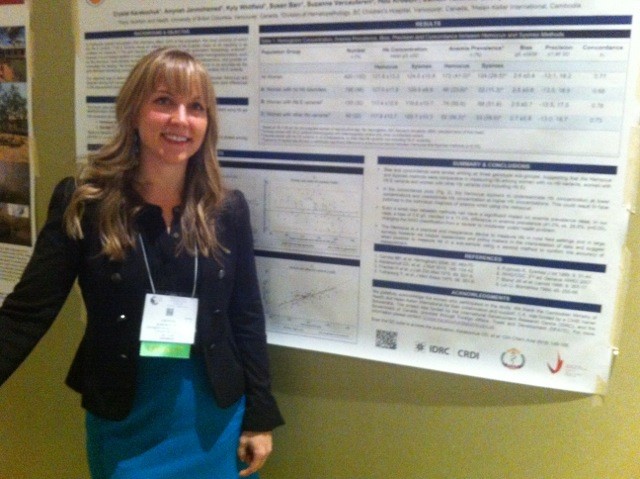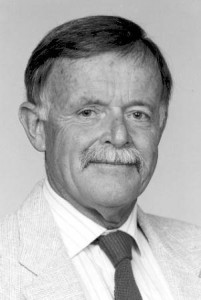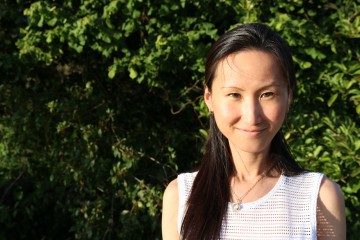
UBC expert on cooking oils and the coconut oil craze
Mar 9, 2015
By Corey Allen, UBC News
Coconut oil sales are on the rise. Sainsbury’s in the United Kingdom reports coconut oil sales are up 442 per cent over 2013. The popularity of coconut oil as a multi-purpose oil, used both as a beauty product and for cooking, has it flying off the shelves. Avocado oil is not too far behind.
Gail Hammond, a dietitian and food, nutrition and health lecturer in the Faculty of Land and Food Systems, discusses the coconut oil craze and why mixing it up in the kitchen can be a good thing.
Why do think coconut oil has gained popularity among consumers?
There are three things that immediately come to mind: consumers are becoming more nutrition savvy, recent research has challenged the longstanding notion that saturated fats are harmful to heart health, and celebrity endorsements of coconut oil have turned up the heat on using it for everything from beauty products to cooking.
What are the health benefits of using coconut oil versus other oils?
Despite a prevailing message to reduce our saturated fat intake, we know that not all saturated fats have the same health effects. The predominant type of saturated fat found in coconut oil is metabolized differently than the majority of saturated fat that we otherwise consume. And, even though coconut oil provides people with a ready source of energy, the benefits of using it as your primary fat source need to be weighed out with the need to consume essential fatty acids, which are not saturated and not found to a great extent in coconut oil. So, if you are crazed about using coconut oil it is important to also include other types of oils in your diet.
What makes for the best cooking oil?
I think using a variety of oils is the way to go depending on your preferences and use. Some people prefer a more pronounced flavour such as the fruity taste of olive oil whereas others favour a lighter taste such as canola oil. Some oils are best used unheated, such as using olive oil in salad dressings, while others are better suited for use in cooking. Oils that have a high smoking point—that is, the temperature at which they start to smoke in a hot pan and begin to lose their health benefits—are good choices for cooking. Avocado oil can be used at a high temperature up to around 520°F/270°C without smoking, whereas coconut oil is better used at a more moderate temperature up to about 350°F/175°C.
What oils do you use?
I use different oils. Typically, I’ll use olive or flaxseed oil for making salad dressings and I tend to use canola oil for cooking purposes.
This article originally appeared in UBC Reports. It is reprinted here with permission.
Tagged with:









